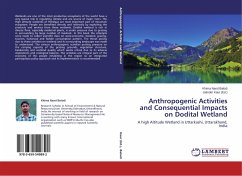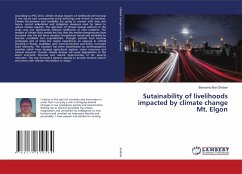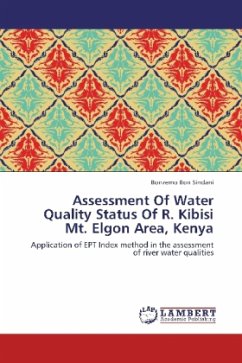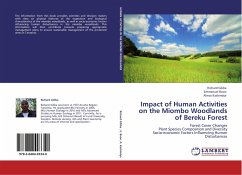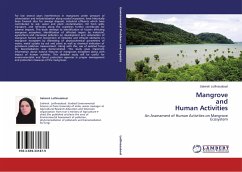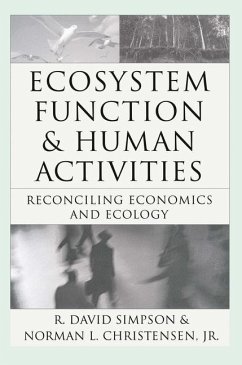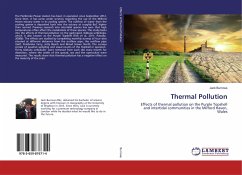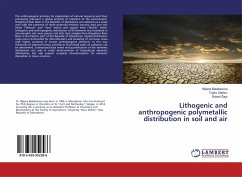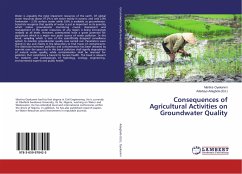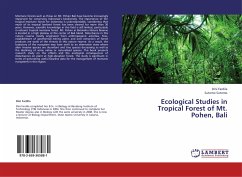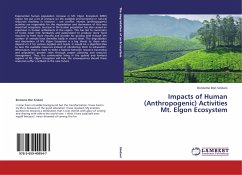
Impacts of Human (Anthropogenic) Activities Mt. Elgon Ecosystem
Versandkostenfrei!
Versandfertig in 6-10 Tagen
36,99 €
inkl. MwSt.

PAYBACK Punkte
18 °P sammeln!
Exponential human population increase in Mt. Elgon Ecosystem (MEE) region has put a lot of pressure on the available environmental or natural resources resulting in resource - use conflict. Human (anthropogenic) activities are responsible for the degradation and decimation of this very important ecosystem. Increase in the human population has also caused an expansion in human settlements in the region. This has led to conversion of forest lands into farmlands and pastureland to produce more food required to feed more mouths and provide for grazing land though the number of animals have dwindle...
Exponential human population increase in Mt. Elgon Ecosystem (MEE) region has put a lot of pressure on the available environmental or natural resources resulting in resource - use conflict. Human (anthropogenic) activities are responsible for the degradation and decimation of this very important ecosystem. Increase in the human population has also caused an expansion in human settlements in the region. This has led to conversion of forest lands into farmlands and pastureland to produce more food required to feed more mouths and provide for grazing land though the number of animals have dwindles badly in recent times. The degradation and decimation of Mt. Elgon Ecosystem is a big threat to those who depend on it for various supplies and needs. It would be a dignified idea to save the available resources instead of plundering them to exhaustion. Whereupon, there is need to strike a balance between resource harvesting and population growth rates through proper planning and resource management. Thus, the communities living in the upland and lowland regions of Mt. Elgon Ecosystem will bear the consequences should these resources suffer a setback in the near future.



